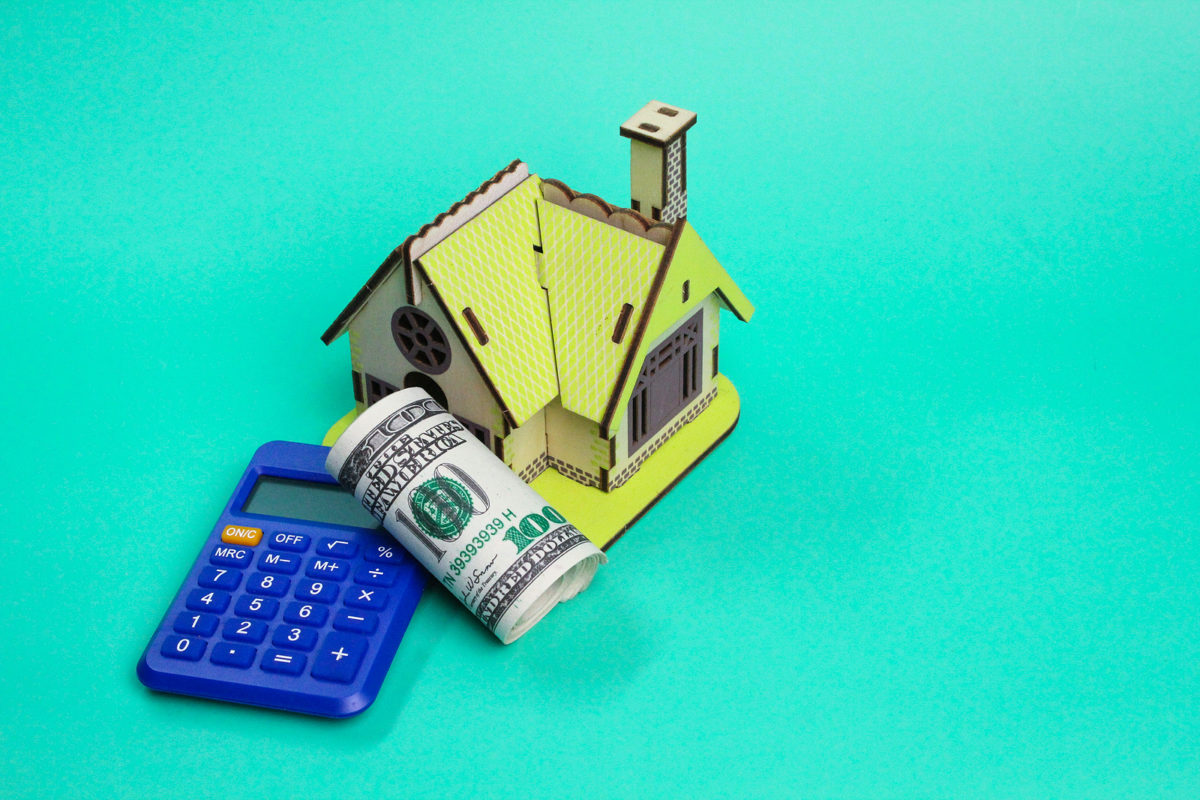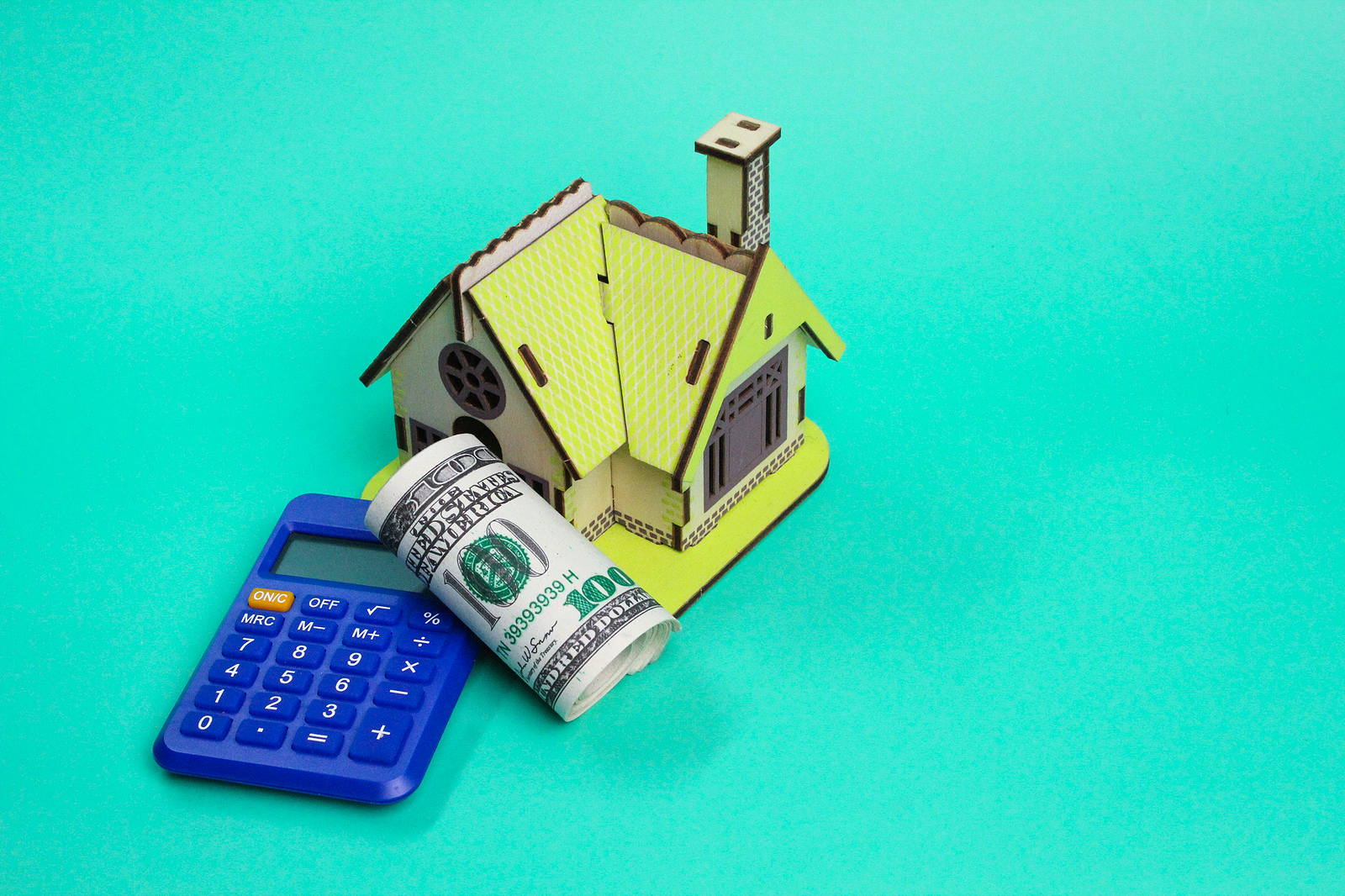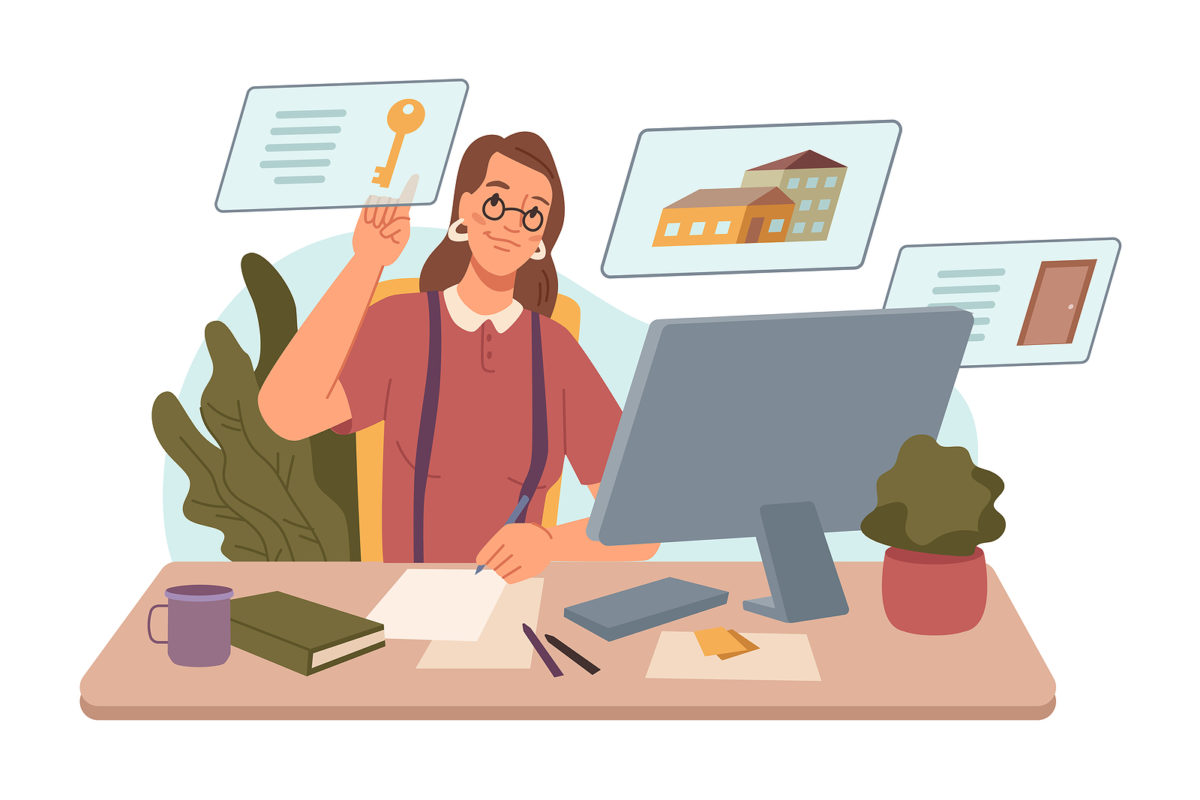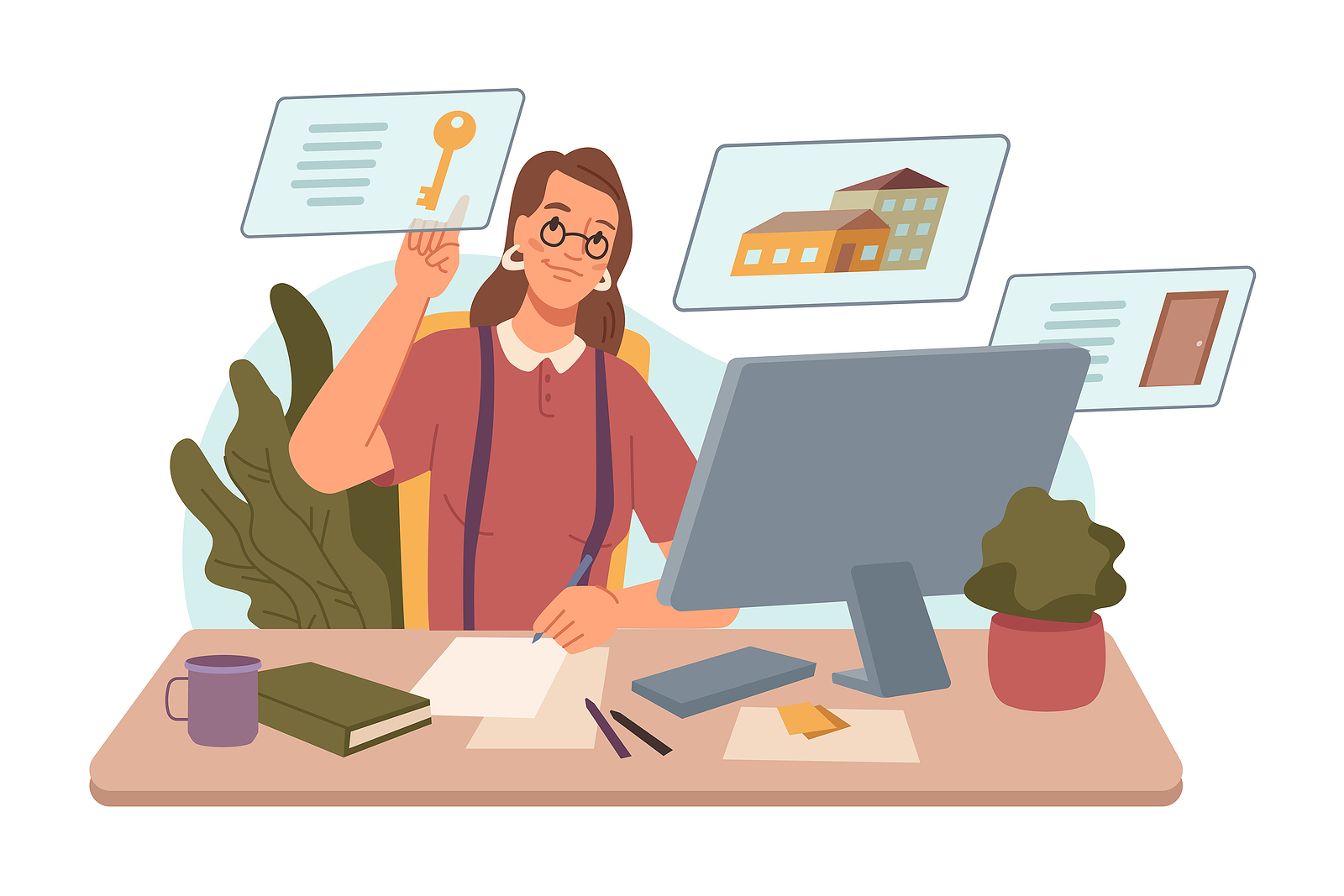Snooping around a home’s plumbing is not one of the more glamorous parts of buying a home. Yet far too many homebuyers ignore this aspect.
Common problems include leaks, water heater problems, and lead pipes and they can cost a small fortune to remedy.
You don’t necessarily need to put on your coveralls and construction boots to sleuth out any possible problems, but you do need to know what to look for.
Keep an eye open for plumbing leaks
Did you know that a plumbing leak won’t necessarily show up right where the leak originates? In fact, the symptoms can show up significantly far away from the source. Check ceilings, walls, foundation and driveway for the telltale signs.
- An increase in water bills over time. Ask your agent to find out the water bill amounts for the past 12 months.
- Stinky odors emanating from the walls or floors.
- Cracks in the foundation.
- Hearing running water when faucets and toilets aren’t running.
- Unexplained warm spots on the floor
- Ensure no water is running and check the water meter. If the dial is turning there may be a water leak.
- Wet or spongy areas in the yard.
What are the home’s pipes made of?
“If the home was built before 1930, there is a good chance that the pipes are made of lead. “An estimated 18 million Americans are at risk of lead leaching from old pipes in their homes and city water systems; such exposure can cause neurological problems in adults and—in children—delayed or stunted brain development,” according to Robert F. Service at Science.org.
If the pipes in the home are a dull gray in color, suspect that they’re made of lead. Another test you can try is to use a key or other implement to scratch the pipe. Lead pipes can easily be scratched.
The only solution to lead pipes is to replace them with modern plumbing supplies.
A lack of lead pipes doesn’t rule out lead in drinking water. Lead can be present in groundwater, particularly in well water, and lead solder may have been used to join the pipes together.
The only reliable way to determine if lead contaminates the home’s drinking water is to have the water tested. Lead-contaminated tap water is colorless, odorless, and tasteless. Possible signs that tap water contains lead include:
- Corrosion of pipe joints.
- Frequent leaks (caused by corrosion).
- Rust-colored water when taps are turned on.
- Stained sinks, dishes and/or laundry.
Does the water heater heat the water?
It’s important to check the water heater when buying a home. How old is it? The “… typical water heater has a lifespan of about 10 years,” claims Nick Gromicko with the International Association of Certified Home Inspectors (NACHI).
If it is at, over, or near the end of its life, you may want to ask for it to be replaced by the homeowner.
Otherwise, ask your real estate agent to find out if the current owner has experienced any problems with it and has been maintaining it according to the manufacturer’s specifications. This typically includes a bi-annual check by a professional. Then, to avoid problems with the buildup of rust, sediment and corrosion, water heaters should be flushed every year.
You also need to determine if the water heater has enough capacity for your needs. This depends on a number of factors, with the most obvious being the number of people who live in the house. A family of five will, presumably want a hot water heater with more capacity than a couple without children.
Plumbing problems are always nasty surprises, but perhaps never more so than when you’ve just moved into a home. You can save yourself a lot of headaches and cash by making sure the plumbing is in good shape before buying a home.

















